Toronto Real Estate TRREB Published January, 2020 Resale Market Figures
Toronto Area REALTORS® reported 4,581 home sales through
TRREB’s MLS® System in January 2020 – up by 15.4 per cent
compared to January 2019. On a preliminary seasonally adjusted
basis, sales were up by 4.8 per cent compared to December 2019.
The Toronto real estate market showed very strong growth in the
number of sales up against a continued dip in the number of
new and available listings in January, 2020. Tighter market
conditions compared to a year ago in 2019 resulted in much
stronger growth in average selling prices.
Steady population growth, low unemployment and low borrowing
costs continued to underpin substantial competition between
buyers in all major market segments.
The MLS® HPI Composite Benchmark price was up by 8.7 per cent
compared to January 2019 – the highest annual rate of growth for the
Benchmark since October 2017. The condominium apartment market
segment continued to lead the way in terms of MLS HPI® price
growth, but all home types experienced price growth above seven
(7) per cent when considering the TRREB market area as a whole.
The average selling price in January, 2020 was up by 12.3 per
cent, driven by the detached and condominium apartment
segments in the City of Toronto.
A key difference in the price growth story in January 2020
compared to January 2019 was in the low-rise market segments,
particularly with regard to detached houses. It is clear that many
buyers who were on the sidelines due to the OSFI stress test are
moving back into the market, driving very strong year-over-year
sales growth in the detached segment. Strong sales up against a
constrained supply continues to result in an accelerating rate of
price growth.
TRREB 2020 Outlook Summary
The following points summarize TRREB’s outlook for 2020 and results
of the Ipsos Home Owners and Home Buyers surveys:
Strong underlying demand drivers should see home sales crest
the 90,000 mark in 2020, with a point forecast of 97,000 – up
by almost 10.5 per cent compared to 87,825 sales reported in
2019. Sales growth will be driven by the higher density low-rise
market segments (semi-detached houses and town houses) and
the condominium apartment segment. These home types are
more affordable, on average, and will remain popular with the OSFI
mortgage stress test existing for the future.
More than half of intending home buyers claimed to have been
affected by the OSFI mortgage stress test. In order to adjust to the
more stringent qualification standards, intending buyers followed
a number of different paths. The most common responses involved
changing home price, type or location. Some intending buyers also
looked to alternate lenders, such as credit unions or the secondary
lending market.
The most popular home type for intending buyers was the detached
house. However, the share of intending buyers GTA-wide who sought
a detached house has declined markedly since the first survey in
2015 – from 54 per cent in the fall of 2015 to 42 per cent in the fall
of 2019. This decline was evident both in the City of Toronto and
surrounding regions. An increase in buying intentions for
condominium apartments and semi-detached homes has accounted
for the dip in detached buying intentions.
Unless we see a significant increase in supply, it is highly likely
that new listings will not keep up with sales growth in 2020. The
end result will be an acceleration in price growth over 2019, as
an increasing number of home buyers compete for a pool of
listings that could be the same size or smaller than in 2019.
The point forecast for the overall average selling price in 2020 is
$900,000, close to a 10 per cent increase compared to the average of
$819,319 reported for 2019. This forecast rate of growth presupposes
that price growth will continue to be driven by the less expensive
mid-density low-rise home types and condominium apartments. If the
pace of detached home price growth starts to catch up to that of other
major home types, the average selling price for all home types
combined could push well past the $900,000 mark over the next year.
While we did see an improvement in condominium apartment rental
supply in 2019, recent consumer polling coupled with the potential for
smaller returns on investment from rental income suggests that there
are still forces working against more balanced market conditions in
the GTA rental market. Policymakers at all levels of government need
to be mindful of rental supply requirements as the GTA population
continues to grow on the back of a strong regional economy and
strong immigration. Expect above-inflation annual growth rates in
average one bedroom and two-bedroom condominium apartment
rents to be sustained in 2020.
“After more than three years of slower market activity brought on
largely by changes in housing-related policies at the provincial and
federal levels, home sales will move closer to demographic potential
in 2020. The key issue, however, will be the persistent shortage of
listings. Without relief on the housing supply front, the pace of price
growth will continue to ramp up. Policy makers need to understand
that demand side initiatives on their own will only have a temporary
impact on the market,” said Jason Mercer, TRREB’s Chief Market
Analyst and Director of Service Channels.
The Toronto Regional Real Estate Board is urging caution on the
issue of a possible vacant home tax in the City of Toronto. A
measured approach to the issue can help to avoid any unintended
consequences on the housing market and property owners. TRREB
is concerned there is not enough empirical city data or evidence
to support this approach.
It is also important to point out that, just three years ago, City
Council increased the Municipal Land Transfer Tax (MLTT) on all
home buyers by an additional 0.5 percentage point and added an
additional upper tier rate of 0.5% on homes priced over $2 million
to match the provincial LTT. Continuous increases to the MLTT is
an unsustainable and risky fiscal strategy for the City.
While the current suggested MLTT increase by some councillors is
focused on higher-priced properties, TRREB is also warning about
the potential impact of this proposal on lower-priced properties.
The real estate market functions as a continuum. Policies that
impact certain price points can have a trickle-down effect by
influencing move-up decisions of home-buyers, thereby
preventing the supply of lower-priced properties from being
freed-up for other home buyers. Anecdotal and statistical
evidence suggests that the MLTT has a direct impact on mobility.
Source: Toronto Regional Real Estate Board
===============================================
Thinking to sell your house or Condo in Central Toronto areas and/or in downtown Toronto areas? Please visit http://www.TorontoHomesMax.com for a FREE Home Evaluation“ or please call, text or email Max Seal, Broker at 647-294-1177. NO obligation.
Thinking to buy a House or Condo in Central Toronto areas and/or in Downtown Toronto areas? please call or text Max Seal, Broker at 647-294-1177 to buy your dream home or Condo. I offer you a 30-min “FREE buyer’s consultation” with NO obligation.
Please visit my website http://www.centraltorontorealestate.com/ to find out available homes and Condos for sale in Central Toronto areas and/or in downtown Toronto areas.
This Toronto housing market may be a better time for “Move-up”, “Move-down” or “Empty-nester” Sellers and Buyers. Want a “Market Update” of your home in 2019? Please click the image below or call or text Max Seal, Broker at 647-294-1177 or send an email.
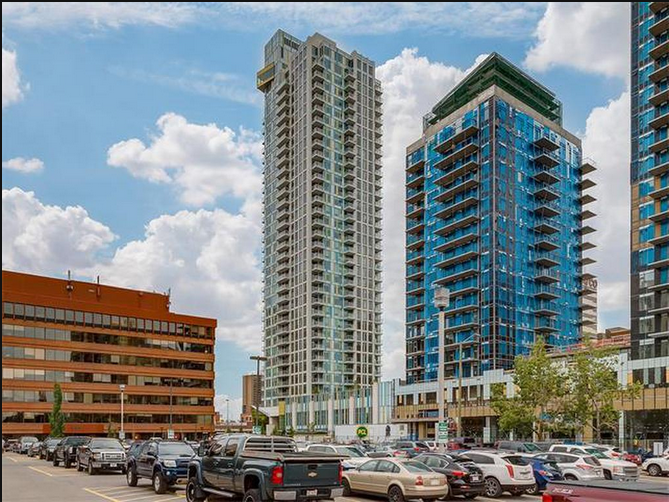
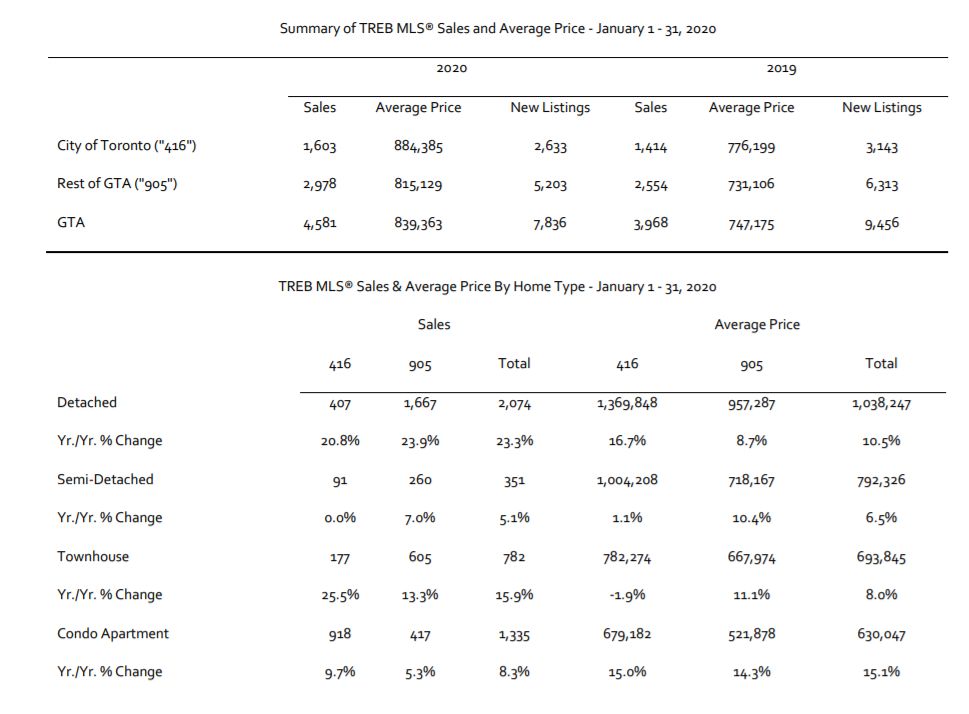
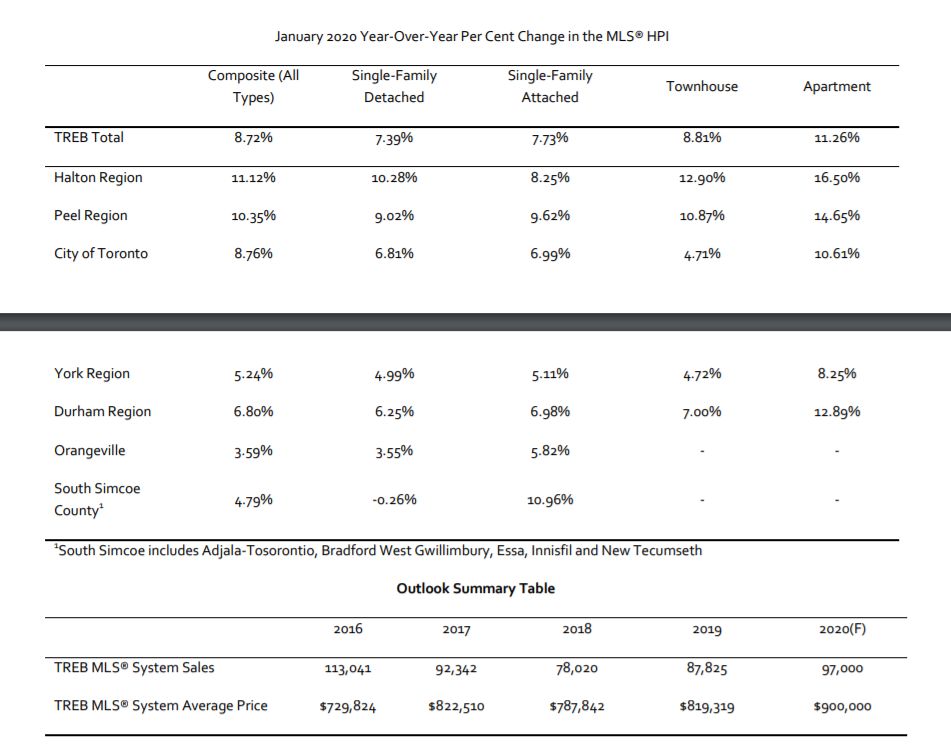
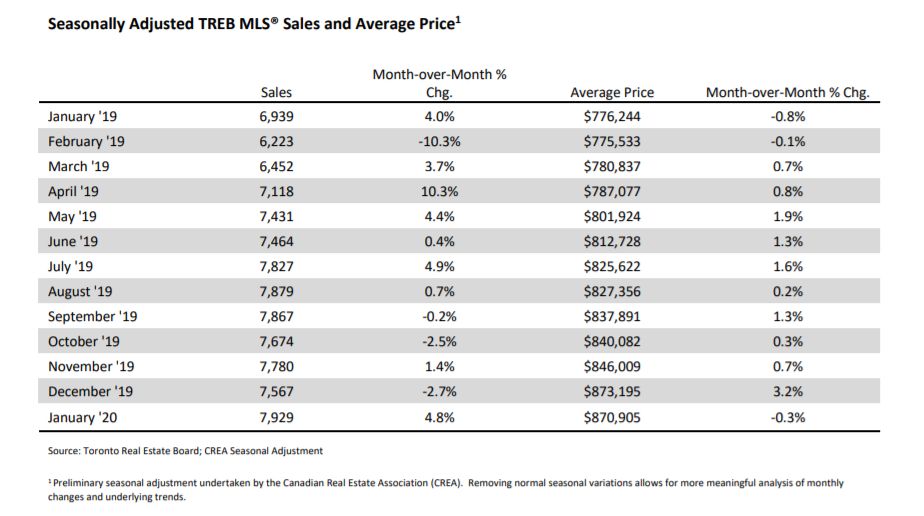
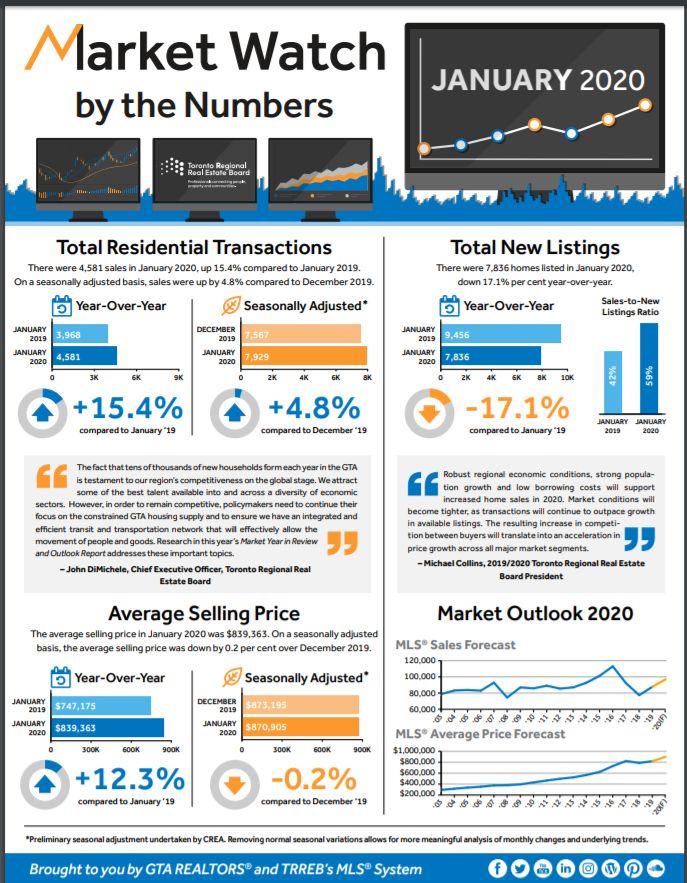

Leave a Reply